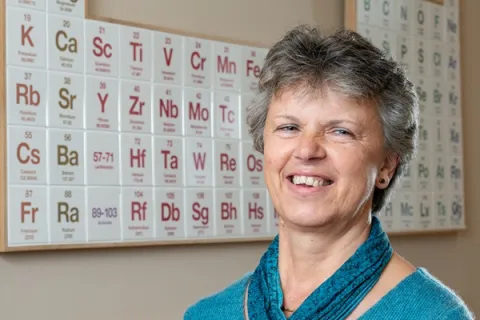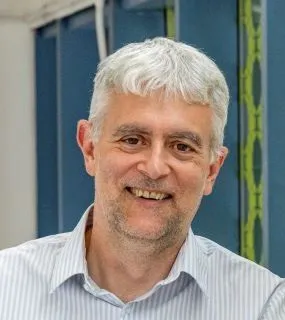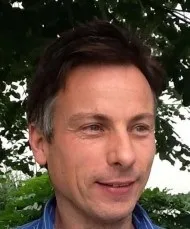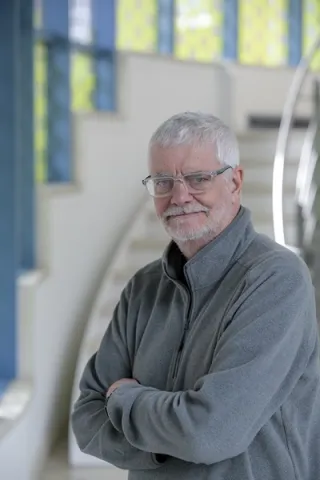Project overview
Transition metal dichalcogenides (TMDCs) are inorganic materials of formula ME2 (M = metal; E = chalcogen = sulfur, selenium or tellurium). They form 2-dimensional layered hexagonal structures related to that of cadmium diiodide, in which the metal-chalcogen bonding within the layers is very strong, whilst that between the layers is much weaker (van der Waals interactions) - i.e. inorganic analogues of graphite. They form a class of extremely important functional semiconductors, and by changing the metal or chalcogen type, the semiconductor band gap can be tuned, making them useful for a wide range of applications. As a result of both their structures and their semiconducting properties, these materials are widely considered to have the potential to revolutionalise next generation electronics, e.g. allowing the mass manufacture of 2D nanotransistors, leading to more powerful and faster devices.
Staff
Lead researchers
Other researchers
Research outputs
Victoria Greenacre, Andrew L. Hector, William Levason, Gillian Reid, Danielle E. Smith & Laura Sutcliffe,
2019, Polyhedron, 162, 14-19
Type: article



